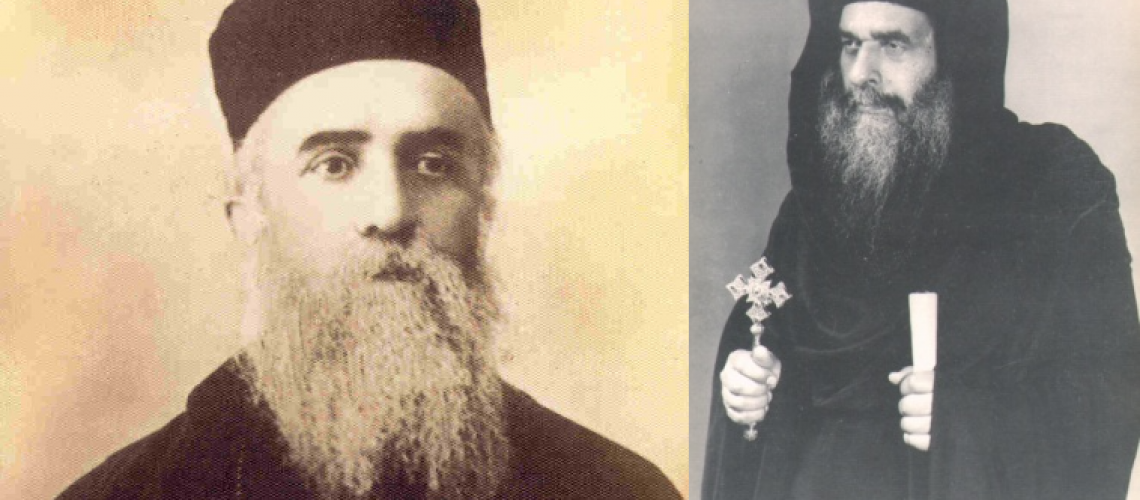On March 9, Copts and other Oriental Orthodox Churches commemorate the departure of St. Kyrillos VI, known to be a man of prayer, a beholder of the divine light, and a wonder worker. Sadly, many volumes have been dedicated to his miracles while far less has been written about his dedication to the life of prayer.
March 2021 marks also the production of a movie dedicated to St. Nektarious of Aegina, a Greek Orthodox saint known for his humility, unconditional love to irreputable individuals, and being a wonderworker. Like the former, he is more infamous for his miracles among simple believers than he is for the rest of his virtues.
For many, it is easy to believe that all miracles attributed to these men to be factual, true, and indisputable. These miracles attest to them having attained union with God by which they derived their holiness from Him and offering healing and comfort to the people through their miracles.
Personally, I never struggled with believing in miracles existing though I have an issue with their frequency. My struggles are mainly found in the following aspects:
- If all these miracles are true, then how come I still have many individuals (Orthodox and otherwise) with diverse diseases whether in hospitals or long-term care homes where I provide(d) care? They are all doing the same things: praying, reading lives of saints, and hoping for a miracle. Those affected include fathers, mothers, brothers, sisters, children, grandparents, and infants.
- How come God picks and chooses to heal some yet cancer continues to eat the flesh of many? COVID-19 has killed over a million people. Why is God not putting a stop to the cause and chooses to work on case-by-case basis?
- The faithful are focusing on miracles rather than God… and the list goes on.
The first two questions will likely have no satisfactory answer. We know from the ascetic tradition that when Abba Anthony asked similar questions, he was told to worry about his own salvation rather than the wisdom of God. I am certain I will not get a better answer than that which Abba Anthony received.
As for the last statement, “The faithful are focusing on miracles rather than God,” I think much can be said about it.
First, denial of miracles is not useful. It will simply avert believers in them and make them question the faith of the person denying them. It also will not make you any more of a realist. As Fyodor Dostoyevsky put it in his The Brothers Karamzov, “To my thinking, miracles are never a stumbling block to the realist. It is not miracles that dispose realists to belief… Faith does not, in the realist, spring from the miracle but the miracle from faith.”
Second, the faithful need to be invited to discern the spirits. Questioning the frequency of miracles is valid. Believing every claim of a miracle taking place is problematic. The number of miracles attributed to a figure like St. Kyrillos VI almost makes it impossible to think a Copt needs to ever see a doctor when they can simply ask St. Kyrillos VI.
Third, the faithful need to be reminded of how the early Church thought of miracles. St. John Chrysostom in his 42nd homily on the Gospel of John, “For miracles, it says, are not for believers, but for unbelievers.” The believers do not need the miracle for them to believe. Miracles are only performed when a dire need arises. Saints are not intended to replace an advil when a believer has a cold. Saints are intended to be those in whose steps we walk to meet the bridegroom when we lose the way (Song of Solomon 1:8)
I will leave you with a quote by the late Bishop Epiphanious, abbot of the Monastery of St. Macarius:
“The concept of [supernatural] miracles has replaced Christ, ecclesial life, and the liturgical life for many… The most important miracles in Christianity are the incarnation, the resurrection, and the Eucharist.”

